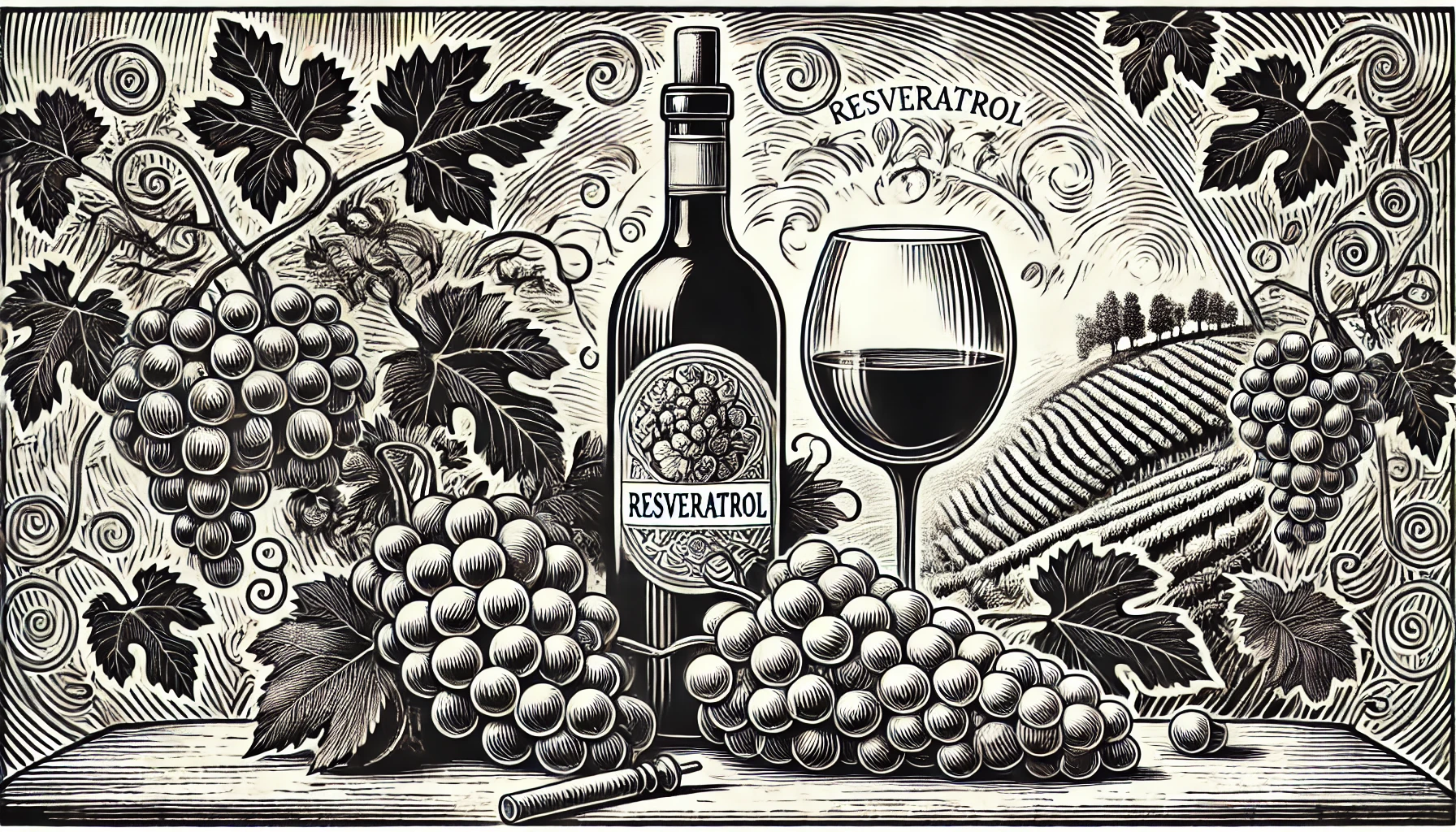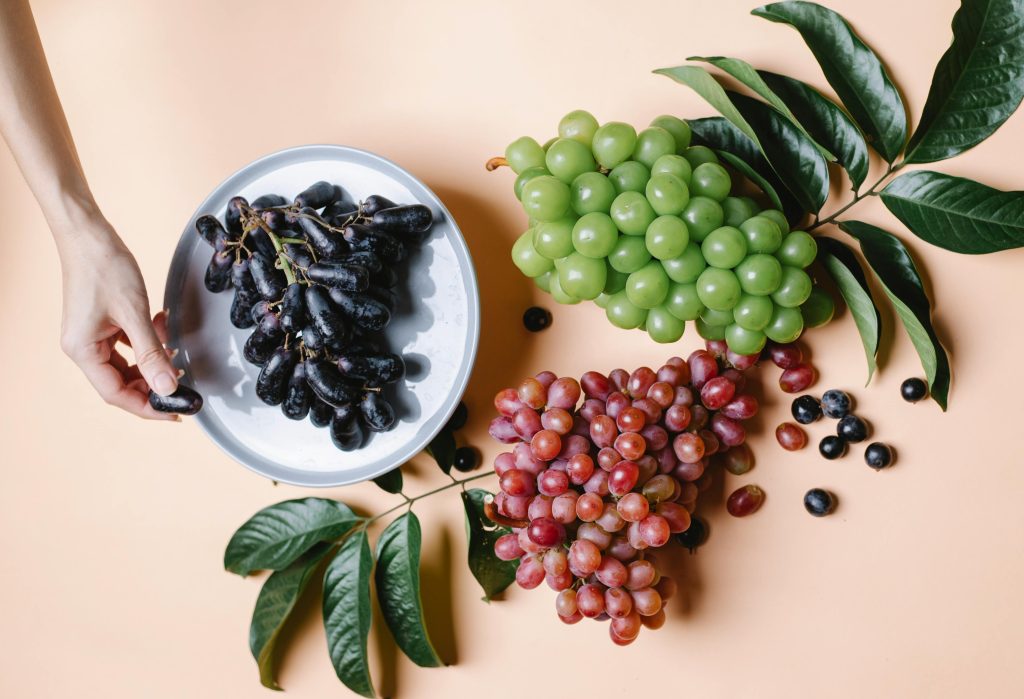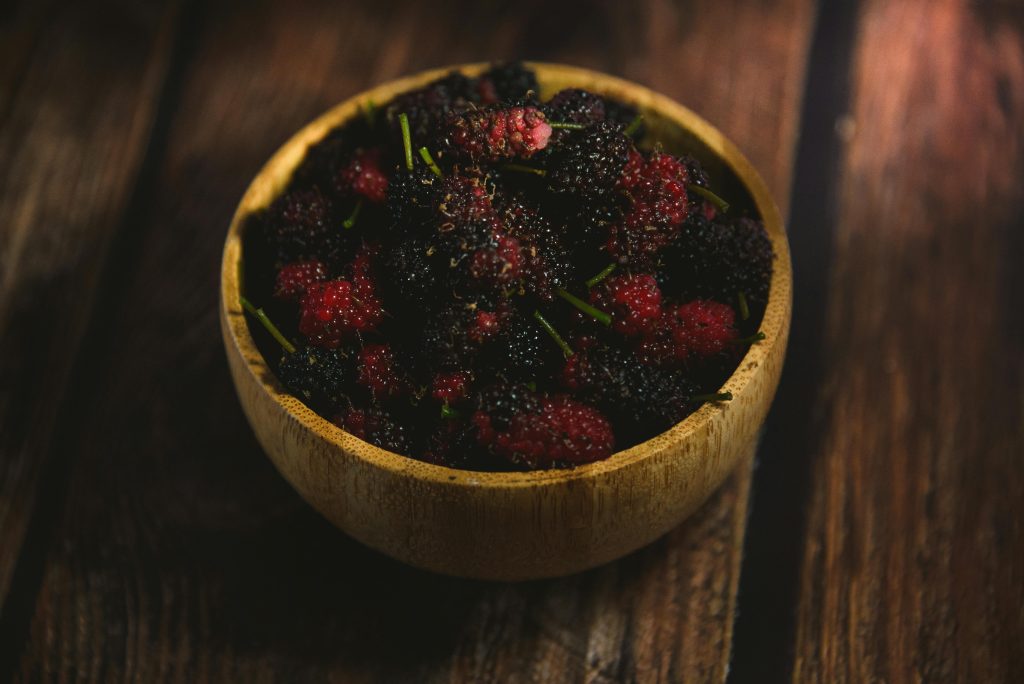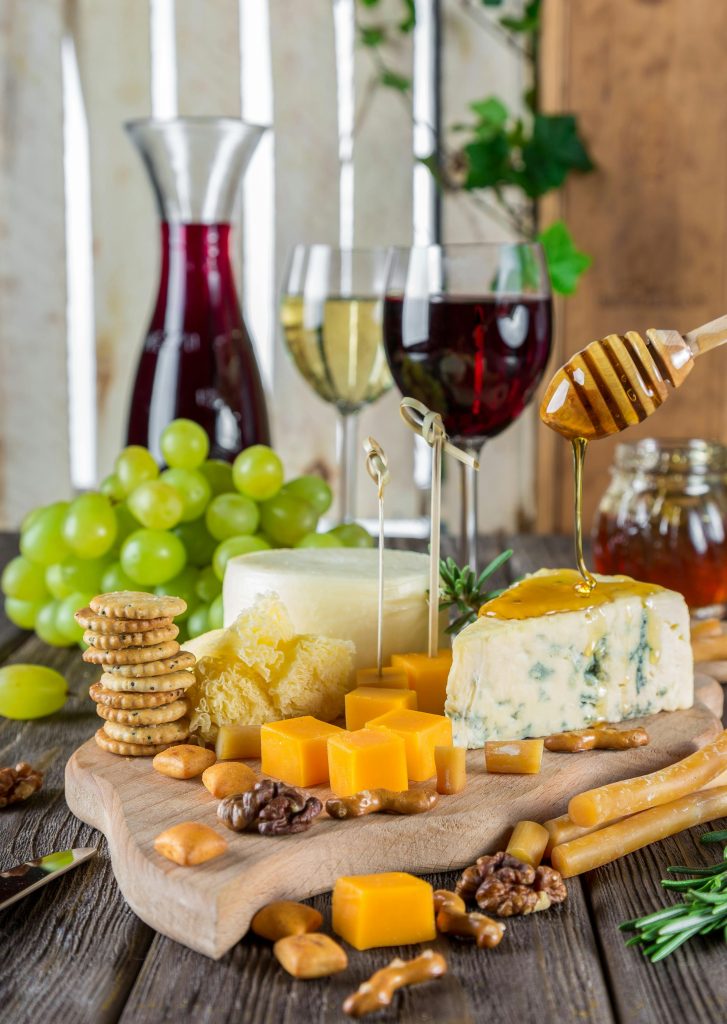
Resveratrol is a natural compound that has captured the attention of scientists, wine enthusiasts, and health-conscious individuals alike. Found in various plants—most notably in grapes—the compound belongs to the family of polyphenols, which are known for their antioxidant and anti-inflammatory properties. In the context of the wine world, resveratrol is recognized as a potential contributor to the so-called “French Paradox,” wherein moderate wine consumption is linked to lower rates of cardiovascular disease despite diets relatively rich in saturated fats.
Despite its popularity, there are many nuances to understand about resveratrol, from how it works to where it’s best sourced. This article dives into the science behind resveratrol, its role in red wine, the potential health benefits and limitations, and how much wine one might realistically need to drink to fully take advantage of this intriguing molecule.

What Is Resveratrol?
Chemical Nature and Classification
Resveratrol is part of the stilbenoid family of polyphenols. Polyphenols are compounds produced by plants as a defense mechanism against environmental stressors such as pests, pathogens, and UV radiation. While all polyphenols share some common antioxidant traits, resveratrol stands out due to its wide range of studied effects, from anti-aging to anti-inflammatory properties.
Chemical Structure
- Resveratrol is technically known as trans-3,5,4′-trihydroxystilbene.
- It has two isomers: cis and trans, with the trans form generally considered more biologically active.
Natural Occurrences of Resveratrol
It is found in:
- Grape Skins: Particularly abundant in red grapes, which is why red wine often contains higher concentrations of it than white wine.
- Berries: Blueberries, cranberries, and bilberries contain smaller amounts.
- Peanuts: Especially boiled peanuts, though the content is lower than in grape skins.
- Other Sources: Japanese knotweed (Reynoutria japonica) is often used in resveratrol supplements because it has a relatively high concentration.
Plants produce resveratrol in response to injury, fungal infection, and UV radiation. This natural defense mechanism is part of what makes the compound appealing for human health—its ability to mitigate oxidative stress in plants may also provide benefits for human cells.
The Role of Resveratrol in Wine
Why Red Wine?
The difference in resveratrol content between red and white wine is rooted in the winemaking process. Red wine is fermented with the grape skins in contact with the juice, allowing the resveratrol to leach into the liquid. In contrast, white wine is fermented without the grape skins, resulting in a significantly lower concentration of it.
According to various studies, the levels of resveratrol in red wine can vary widely depending on factors such as:
- Grape variety
- Region and climate
- Winemaking techniques
- Exposure to light and oxygen during fermentation
Despite the variability, red wine remains one of the most convenient dietary sources of resveratrol for individuals who already enjoy moderate wine consumption.
The French Paradox Connection
The so-called French Paradox refers to epidemiological observations that the French population, which traditionally consumes a diet high in saturated fats (e.g., cheese, butter, and creamy sauces), has relatively low rates of heart disease. Some researchers have attributed this phenomenon, at least partially, to moderate red wine consumption and the presence of resveratrol.
Mechanisms of Action: How Resveratrol Works
Antioxidant Effects
As an antioxidant, it neutralizes harmful free radicals in the body—unstable molecules that can damage cells and DNA through oxidative stress. Chronic oxidative stress has been linked to an array of diseases, including:
- Cardiovascular disease
- Certain forms of cancer
- Neurodegenerative conditions (e.g., Alzheimer’s and Parkinson’s diseases)
By reducing oxidative damage, resveratrol may help slow the progression of these diseases or lower their risk of onset.
Anti-Inflammatory and Cardiovascular Benefits
It has also garnered attention for its potential anti-inflammatory properties. Inflammation is a key player in numerous chronic conditions, most notably heart disease. Research indicates that resveratrol could:
- Improve Endothelial Function: The endothelium is the inner lining of blood vessels. Healthy endothelial function is crucial for controlling blood pressure and preventing arterial plaque buildup.
- Reduce LDL Oxidation: LDL (low-density lipoprotein) cholesterol can oxidize and form plaque in arteries, contributing to atherosclerosis. Resveratrol’s antioxidant properties may reduce the incidence of LDL oxidation.
- Improve Lipid Profiles: Some studies have shown that resveratrol can positively modify lipid profiles, such as raising HDL (high-density lipoprotein) cholesterol, although the results vary.
Cell Signaling Pathways
Beyond antioxidant and anti-inflammatory effects, resveratrol has been studied for its influence on a variety of cellular processes, such as:
- Gene expression related to longevity: Some research points to resveratrol activating sirtuins (proteins associated with aging and longevity in animal models).
- Cell cycle regulation: The compound may influence the cell cycle and apoptosis (programmed cell death), which has potential implications for cancer research.

Potential Health Benefits of Resveratrol
1. Heart Health
One of the top reasons for resveratrol’s popularity is its potential role in cardiovascular health. Studies suggest that moderate wine consumption (particularly red wine) may lower the risk of heart disease. Resveratrol is often cited as a key player because it helps in:
- Maintaining the flexibility of blood vessels
- Reducing blood clot formation
- Combatting oxidative damage
However, it’s important to note that the amount of resveratrol in a typical glass of red wine may be insufficient to yield substantial health benefits, depending on one’s overall diet, genetics, and lifestyle.
2. Anti-Aging Effects
The anti-aging properties of resveratrol stem from its potential activation of certain genetic pathways linked to longevity. Laboratory studies in yeast, worms, and mice have shown promising results, suggesting that resveratrol may mimic some effects of calorie restriction—a dietary regimen known to extend lifespan in animal models. While these findings are intriguing, more research is needed to confirm similar benefits in humans over the long term.
3. Cancer Research
Resveratrol’s antioxidant and cell-regulatory properties have spurred interest in its role in cancer prevention and therapy. Some preclinical and animal studies suggest that resveratrol may:
- Inhibit the growth of certain cancer cells
- Block the expression of specific genes that promote tumor growth
- Enhance the effectiveness of certain chemotherapy drugs
Clinical trials in humans, however, are still limited, and the findings are not yet robust enough to make any definitive claims about its efficacy in cancer prevention or treatment.
4. Brain Health
Neurodegenerative diseases such as Alzheimer’s and Parkinson’s are linked to oxidative damage and inflammation in brain tissues. Resveratrol’s antioxidant action could theoretically offer some protection by:
- Reducing neuroinflammation
- Preventing the buildup of amyloid plaques (in Alzheimer’s)
- Supporting neuronal health
Although animal models provide some support for resveratrol’s neuroprotective effects, large-scale human trials are still ongoing.
5. Metabolic Health
Some researchers have investigated resveratrol in the context of type 2 diabetes and obesity. Studies suggest that resveratrol could help:
- Improve insulin sensitivity
- Influence lipid metabolism
- Reduce overall inflammation
While these benefits show promise, they are typically observed in controlled laboratory settings or with higher doses of resveratrol than one would get from a casual glass of wine.
How Much Wine Would You Need?
One of the most frequent questions asked is: How much red wine do I need to drink to get the benefits of resveratrol? The short answer is that the resveratrol content in red wine is relatively low compared to the doses used in many scientific studies.
- Resveratrol Content per Glass: On average, a five-ounce (150 ml) glass of red wine might contain between 0.2 mg and 2 mg of resveratrol, though this can vary widely.
- Doses in Studies: In laboratory or supplement studies, doses can range from 50 mg to several hundred milligrams per day, far exceeding what a moderate wine drinker would typically consume.
In reality, drinking large amounts of wine to match these research doses is neither practical nor advisable due to the risks associated with excessive alcohol consumption (e.g., liver damage, addiction, and increased caloric intake).
Resveratrol Supplements: Are They Necessary?
Given the low levels of resveratrol in wine compared to research-grade doses, many health-conscious individuals turn to resveratrol supplements as a more concentrated source. These supplements often derive resveratrol from sources like Japanese knotweed or concentrated grape extracts.
Pros of Supplements
- Controlled Dosage: Supplements list exact milligram content, allowing for targeted intake.
- No Alcohol: Individuals who avoid alcohol can still access resveratrol’s potential benefits.
- Consistency: Quality supplements are standardized for purity and potency.
Cons of Supplements
- Bioavailability Issues: Resveratrol has low bioavailability, meaning the body may not effectively absorb or utilize high doses.
- Unknown Long-Term Effects: Long-term human data on high-dose resveratrol supplementation is limited.
- Regulatory Variability: Supplements are not regulated as strictly as pharmaceuticals, so quality and purity can vary.
Bioavailability and Metabolism
Even if one consumes resveratrol—whether through wine or supplements—the compound’s bioavailability is a key concern. Research shows that it is metabolized quickly in the liver and might not remain in the bloodstream long enough to exert its full range of proposed health benefits.
Factors that influence resveratrol absorption and metabolism include:
- Food Intake: Taking resveratrol with food, especially those containing fats, may enhance absorption.
- Individual Genetics: Genetic factors can determine how quickly one’s liver processes the compound.
- Gut Microbiome: A healthy gut microbiota may improve the bioavailability of polyphenols.
Potential Side Effects and Precautions
While resveratrol is generally considered safe, especially when consumed in moderate amounts through food and beverages, there are some precautions to keep in mind:
- Interaction with Medications: High doses of resveratrol can interact with blood thinners and other medications that affect blood clotting, potentially increasing bleeding risk.
- Estrogenic Activity: There is some evidence that resveratrol can act like estrogen in the body, so individuals with hormone-sensitive conditions should consult healthcare professionals.
- Digestive Distress: Large doses of resveratrol supplements have been reported to cause mild to moderate gastrointestinal issues.
Disclaimer: The information presented here is for educational purposes and does not replace professional medical advice. Always consult a healthcare provider for personalized guidance regarding supplements and dietary changes.
Beyond Wine: Other Ways to Get Resveratrol
If you’re not fond of wine or you want to diversify your sources of resveratrol, consider these alternative dietary options:
- Grapes: Especially red or purple grapes, eaten fresh or dried (raisins).
- Berries: Blueberries, cranberries, and mulberries can add small doses of resveratrol.
- Peanuts: Boiled peanuts have slightly higher levels than roasted peanuts, though still modest in comparison to grapes.
- Dark Chocolate: While not a major source of resveratrol, high-quality dark chocolate contains other beneficial polyphenols.
- Japanese Knotweed Supplements: A potent option for those seeking higher concentrations.

Practical Tips for Wine Enthusiasts
For those who love wine and want to maximize the potential health perks—resveratrol included—here are a few practical tips:
- Choose Red Over White: Red wines, especially those made from thick-skinned grape varieties like Cabernet Sauvignon, tend to contain higher resveratrol levels.
- Look for “Reserve” or Extended Maceration Wines: Longer fermentation times and contact with grape skins can increase polyphenol content.
- Moderation Is Key: The American Heart Association recommends no more than 1–2 glasses of wine per day for men and 1 glass for women. Excessive consumption negates any potential benefits.
- Storage: Store wine away from light and heat to preserve its antioxidant compounds.
- Pair with a Balanced Diet: The synergy of a diet rich in fruits, vegetables, and whole grains may enhance the overall health benefits of moderate wine consumption.
Summary and Future Directions
Resveratrol remains an intriguing compound for researchers, wine aficionados, and wellness enthusiasts. From its potential in supporting heart health to its putative roles in anti-aging and cancer prevention, resveratrol’s reputation is grounded in extensive—but still evolving—scientific research. The French Paradox gave it mainstream attention, and ongoing studies continue to explore how effective and practical resveratrol may be for humans in realistic dietary amounts.
Key Takeaways:
- Moderate Red Wine Intake: A convenient (and enjoyable) way to consume resveratrol, though the actual dose may be lower than that used in research studies.
- Supplementation: May provide higher doses of resveratrol, but questions remain about bioavailability, safety at high doses, and long-term impacts.
- Balanced Lifestyle: No single compound can override an unhealthy lifestyle. Exercise, balanced nutrition, and regular medical check-ups should accompany any focus on resveratrol.
- Ongoing Research: The scientific community continues to explore resveratrol’s impact on various diseases, absorption mechanisms, and the genetic factors that influence its effectiveness.
Explore More Wine Terms
Curious about more wine terms and insights? Visit our Wine Wiki section to explore basic and advanced wine terms for expert definitions and tips. Whether you’re looking to understand the nuances of vinification, the difference between varietals, or the science of wine aging, our Wine Wiki is here to guide you through every pour.
Always drink responsibly—and enjoy the multifaceted world of resveratrol!

References & Further Reading
- Resveratrol: How Much Wine Do You Have to Drink to Stay Healthy?
- Significance of wine and resveratrol in cardiovascular disease: French paradox revisited
- American Heart Association – Guidelines on Alcohol Consumption (General reference)
Disclaimer: The content provided is for informational purposes only and does not constitute medical or professional advice. Always consult a healthcare professional before making any changes to your diet, supplement routine, or lifestyle.